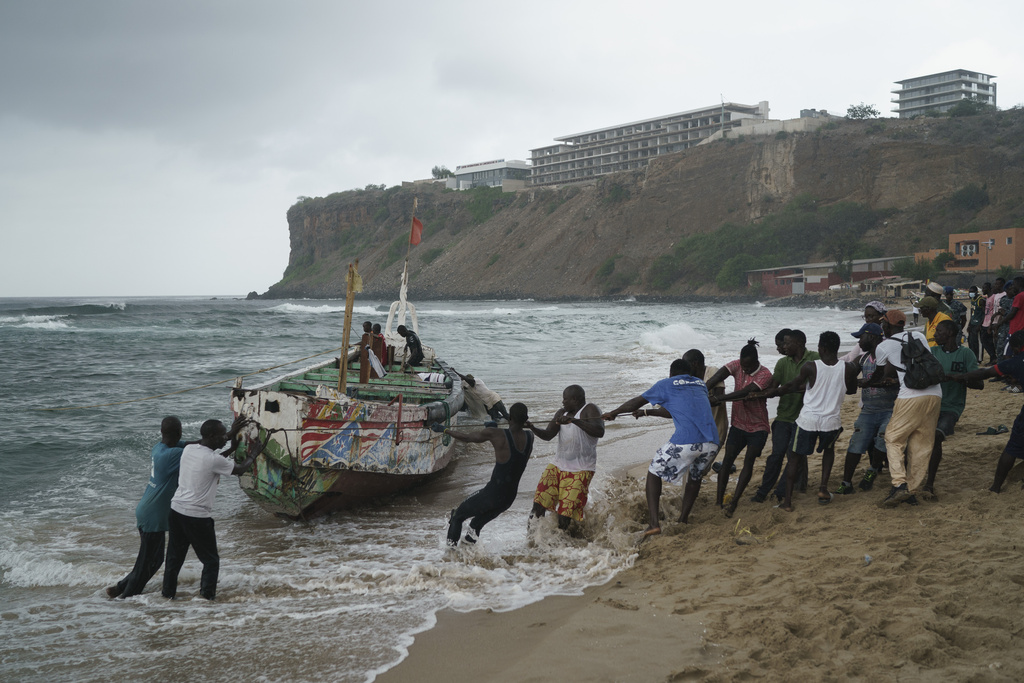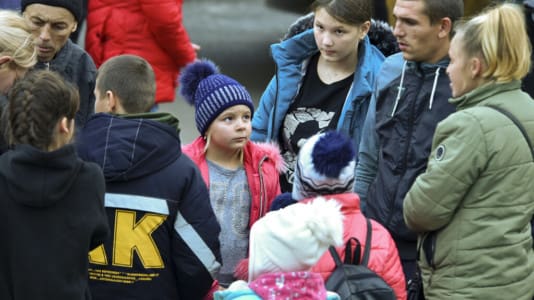Europe is unavoidably heading towards a triple crisis, German publicist Thomas Fasbender told Preussische Allgemeine in an interview on the occasion of the publication of his new book, “The eerie century” (Das unheimliche Jahrhundert).
The subtitle of the book, “Before the turning point,” is a direct quote of an expression taken from Chancellor Olaf Scholz’s special address to the Bundestag on Feb. 27, 2022, in reaction to Russia’s invasion of Ukraine. In it, he used the word “Zeitenwende.” While the official translation for the word used by the German government is “turning point” or “watershed moment”, the original German term refers to both a changing of times and a geopolitical shift.
“I chose the term ‘turning point’ because it was brought into play by Olaf Scholz. Although the book was essentially written before then, we are indeed experiencing a change of epoch. However, it is much more extensive than Scholz described,” the author said in the interview. He says that the current triple crisis Europe is facing will have a defining impact on the continent for the rest of the century.
“Europe is heading for a triple crisis, the effects of which will affect us massively throughout the century. First, there is the rapid loss of power by Western Europe after some 500 years of global dominance. The times when the British, French, Germans, and others left their mark on the world politically, culturally, scientifically, technically and economically is history,” he said.
Fasbender says the second crisis, the climate change crisis, cannot be tackled by simply stopping it:
“The second major crisis is climate change. The fact is that it is happening. In recent years, the discussion has focused on who is responsible for it and how it can be stopped. But we will not succeed in stopping it. So we have to ask ourselves: What does it mean in concrete terms to live in a world that is two or more degrees warmer? What effects will this have, how do we deal with it?”
“What we do in Germany has virtually no impact. I find it all the more astonishing that we are only now beginning to address the issue of adaptation. This is all the more important because we can only spend each euro once. Either for climate protection (which will not be possible) or for climate adaptation.”
The third, but by no means least important crisis, is the population explosion in the Sub-Saharan region, which essentially also encompasses the previous two:
“The third issue is population growth in Africa, especially in the Sub-Saharan region. There, we are seeing a doubling of the population by 2050 and even a quadrupling by 2100. Sometime in the 22nd century, more than half of the world’s population will come from sub-Saharan Africa.
This is where the real turning points lie dormant. We are entering a world in which Europe may still be perceived as a living museum. Certainly no longer as a beacon or role model,” he said.






